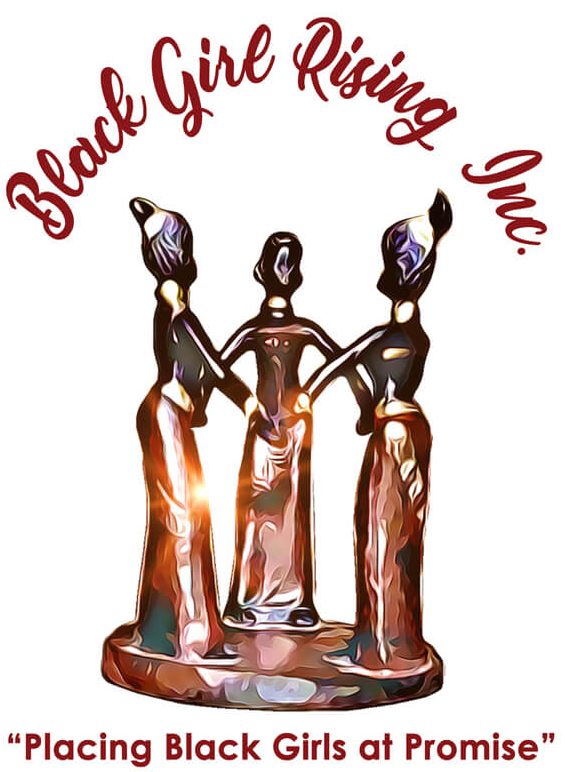Otterbein Partners with Black Girl Rising, Inc. to Talk about Improving Educational Experiences for Black Girls
Posted Nov 15, 2022

School administrators, teachers, social workers, counselors, and other adults in education will gather on campus on Nov. 17 for a collaborative event between Black Girl Rising, Inc., and Otterbein University. This event will feature Monique W. Morris, Ed.D., author of the new book, Cultivating Joyful Learning Spaces for Black Girls. The event will shine light on the subject of Building Resilient Black Girls Programs.
The mission of Black Girl Rising, Inc., is to research and evaluate the ways in which Black girls experience their lives, especially in the areas of trauma and resiliency; to serve as a catalyst for institutional and policy change that will enhance the likelihood of improving outcomes for African American girls and their families; and to create programs, products, and services that will encourage community engagement with a focus on change and collaboration, to influence the quality of life of Black girls.
Morris is the president and CEO of Grantmakers for Girls of Color and the founder and board chair of the National Black Women’s Justice Institute. She has written and lectured widely on research, policies, and practices associated with Improving Juvenile/criminal Justice, educational, and socioeconomic conditions for girls and women of color.
We asked Fran Frazier, founder of Black Girl Rising, Inc., to tell us more about the subject.
What are the unique obstacles Black girls face?
We asked our girls, “What are the critical issues affecting Black girls?” This is what they told us (from focus groups in 2022):
- Adultification of Black girls, being seen as more mature than we are.
- Our feelings are dismissed. It’s assumed we are ok even when we are not.
- Not comfortable in my own body. Too much shame. Always sexualized.
- Living that “Strong Black Woman” stereotype.
- Anxiety and depression, but can’t talk about it anywhere because there is too much stigma.
- Colorism and textureism, having to live up to beauty standards inside the Black community.
- Academic competition in White spaces, always having to prove myself.
- Schools do not care about Black girls.
- Sexual assault and sexual trafficking are always present.
- Black mothers need to talk with their daughters by listening, first.
- Misogyny; Black girls are fetishized by boys.
- Black girls can’t get a break!
How do those obstacles impact the educational experiences of Black girls?
When Black girls and girls of color are not seen, not placed at promise (rather than “at risk”) and not heard, not only can their grades reflect their invisibility, but also the quality of their educational experiences can be eroded. That is why the support of the community is so important.
How can educators better advocate for Black girls?
Educators and learn and practice from the research and work of Dr. Monique Couvson Morris; listen as opposed to giving advice or directions unless asked; and choose to observe than react. They can take the risk of raising expectations.
Why is this collaborative event between Black Girl Rising, Inc., and Otterbein important?
Being able to have a partnership with Otterbein to encourage our girls to see the University as a supportive environment for girls of color to learn and grow is the biggest hope.
For this event featuring Dr. Couvson Morris, I titled President John Comerford’s talk, Otterbein University’s Vision for Black Girls, because when we met for the first time, he shared with us his strong desire to retain female students of color on campus and articulated a plan for recruiting and supporting Black girls that was just incredible to me.
What are some resources for people who would like to learn more about these issues?
In addition to the Black Girl Rising, Inc., website, which features a variety of resources including research, journals, and articles, I recommend reading any of Dr. Monique W. Morris’ books, including Cultivating Joyful Learning Spaces for Black Girls and Pushout: The Criminalization of Black Girls in Schools.